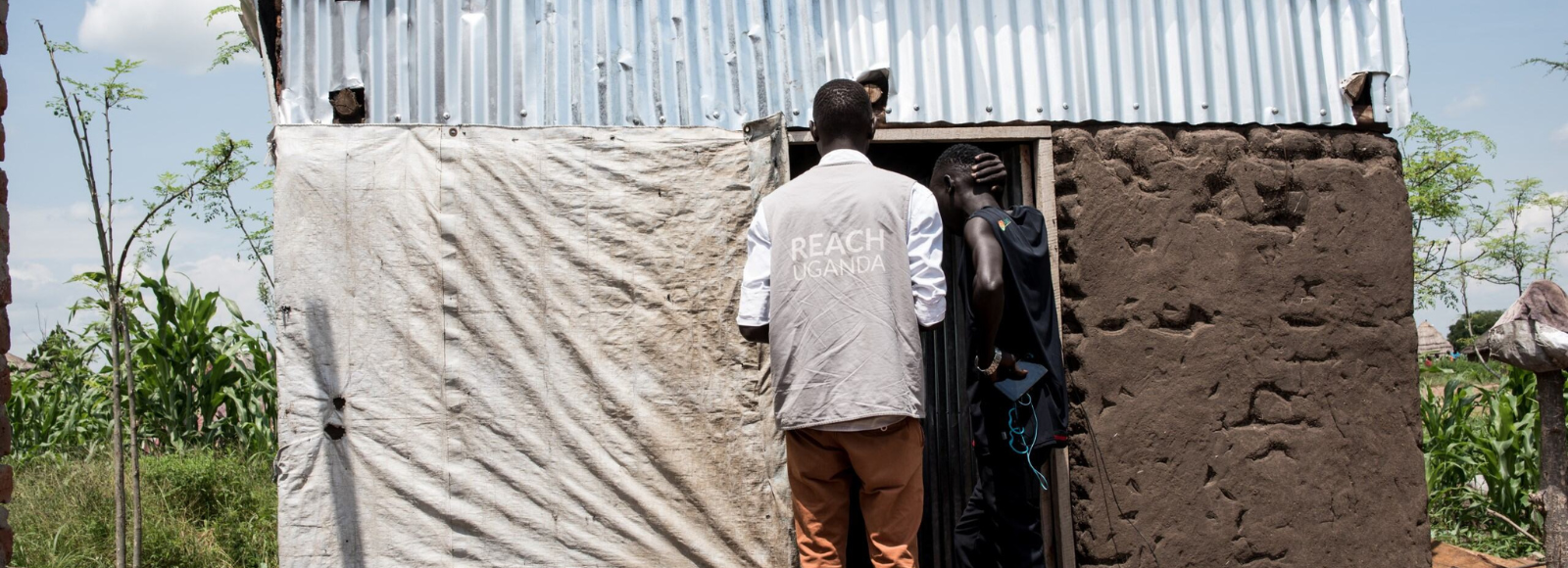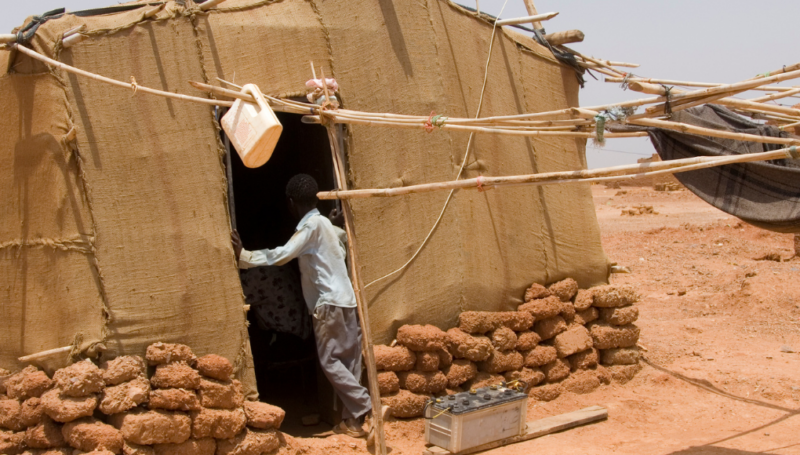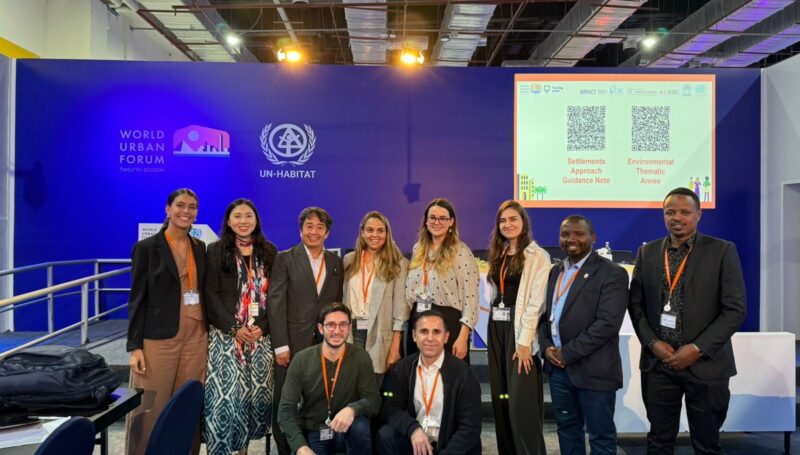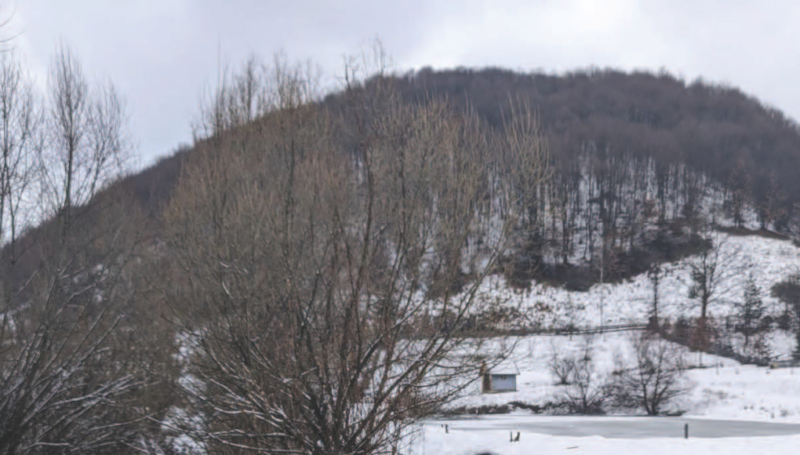The latest Area-Based Assessment (ABA) by IMPACT Initiatives through its initiative REACH in Mbarara, Uganda, provides a detailed overview of the living conditions and challenges faced by both refugee and host community households, as well as challenges among service providers and local authorities to cater for all residents. Mbarara, Uganda’s second-largest city, hosts refugees who primarily came from Nakivale and Oruchinga settlements, seeking better access to services and livelihoods.
Key Findings:
- Refugee households relocated to Mbarara for better services due to insufficient access to healthcare, education, and livelihood opportunities in settlements. Despite the move, many refugees still face challenges meeting their basic needs.
- 94% of refugee households reported improved livelihoods since moving to Mbarara. However, reliance on sporadic work and cash aid highlights ongoing economic vulnerability.
- Female and single female-headed households, along with orphans and seniors, are among the most vulnerable groups.
- Both refugee and host community households face similar barriers to services, such as lack of work opportunities and credit to start businesses. Language barriers significantly impact access to services among refugees.
This assessment underscores the ongoing challenges faced by urban refugees, host communities, and service providers and local authorities in Mbarara. While there have been improvements in livelihoods for many refugees, significant barriers remain, particularly for the most vulnerable groups. Understanding these challenges is crucial for developing targeted interventions that can better support both refugee and host community households. Results were presented to and validated by Mbarara City and relevant district officials on July 30th.
For a comprehensive understanding of the situation and detailed findings, read the full report here.









